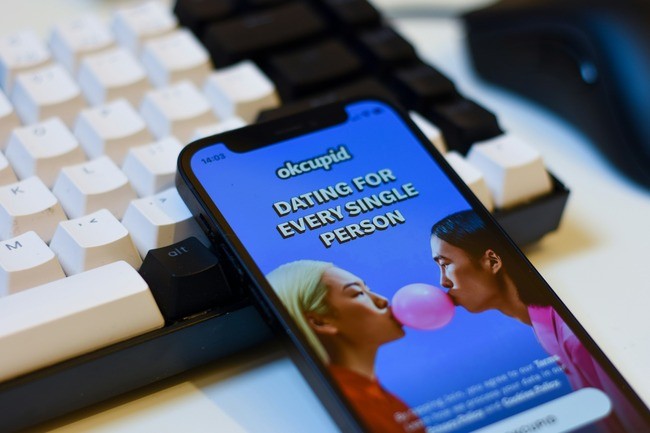
A class-action complaint was filed against Match Group, the company behind well-known dating applications like Hinge and Tinder, and the charges were revealed on Valentine's Day. It was alleged that the defendant was trying to make its platforms addictive, and the company's revenue was higher than its customers' interest in building relationships.
The litigation, lodged in a California district court, states that said apps, owned by Match Group, conspire behind the scenes to develop addictive features that resemble games that draw in users who end up paying more and more.
Allegations Against Match Group's Dating Apps
The six plaintiffs behind the lawsuit argue that Match Group's dating apps violate consumer protection and other laws by intentionally being addictive. They claim that the apps operate on secret algorithms designed to manipulate dopamine levels, gamify romance and dating, and encourage compulsive use.
According to the suit, this addiction-driven strategy aims to increase earnings for Match Group.
The lawsuit contends that Match Group's business model depends on capturing users' attention, leading to expensive subscriptions and perpetual use. The plaintiffs allege that users are baited into continuously upgrading their subscriptions and paying for bonus features, contributing to the company's revenue.
Additionally, the lawsuit accuses Match Group of using "dark patterns"-web design features intended to unintentionally deceive users into purchasing services or features.
Monetization Tactics and Hidden Dark Patterns
The most significant player in the online dating market today, Match Group, runs several businesses under the successful portfolio umbrella. Along with several other companies, its popular dating services include Plenty of Fish, Hinge, Match.com, OkCupid, and Tinder.
Match Group disclosed in a recent SEC filing that users prepared to pay subscription fees and make in-app virtual purchases account for 98% of the company's revenue. According to the lawsuit, Match Group misled users looking for offline connections by marketing its platforms and subscription services. This creates a fundamental conflict of interest.
The six plaintiffs, who aim to put an end to what they view as unlawful behavior through injunctive relief as well as receive monetary compensation by recouping the premium payments made to the platforms, have petitioned the court for an injunction barring the company from persisting in the contested activities and for reimbursement of the fees that were conferred upon them.
In light of the growing public concern about the effects of addictive features on users' mental health and well-being, the verdict in this lawsuit may establish a standard for how dating apps and other tech platforms handle user engagement and monetization tactics.
Match Group Responds to Lawsuit
In a strongly worded denial of the recently filed lawsuit's claims, which they deemed "ridiculous" and entirely without justification, Match Group firmly rejected the allegations being leveled against them in response to the new legal action. The company defended its business model, emphasizing that it actively strives to facilitate real-world dates and move users off its apps.
Match Group criticized those who misunderstand the industry's purpose and mission, stating that its revenue model is not based on advertising or engagement metrics. The company's swift response indicates its commitment to challenging the lawsuit's claims and maintaining its position in the highly competitive dating app market.
While the legal contest continues winding through the courts, the dating application sphere may face intensified examination. This development could instigate alterations in how platforms architect user interactions and profit from their offerings. The outcome could have broader implications for other tech companies facing similar accusations regarding addictive features and deceptive design practices.
The evolving digital landscape and need for balanced innovation, welfare, and ethics were underscored as Match Group faced litigation emphasizing strengthened consumer safeguards online.
Related Article: Dating Apps: Explore Your Options For Finding A Valentine
© Copyright 2026 Mobile & Apps, All rights reserved. Do not reproduce without permission.














